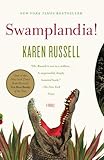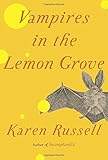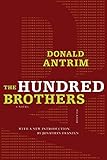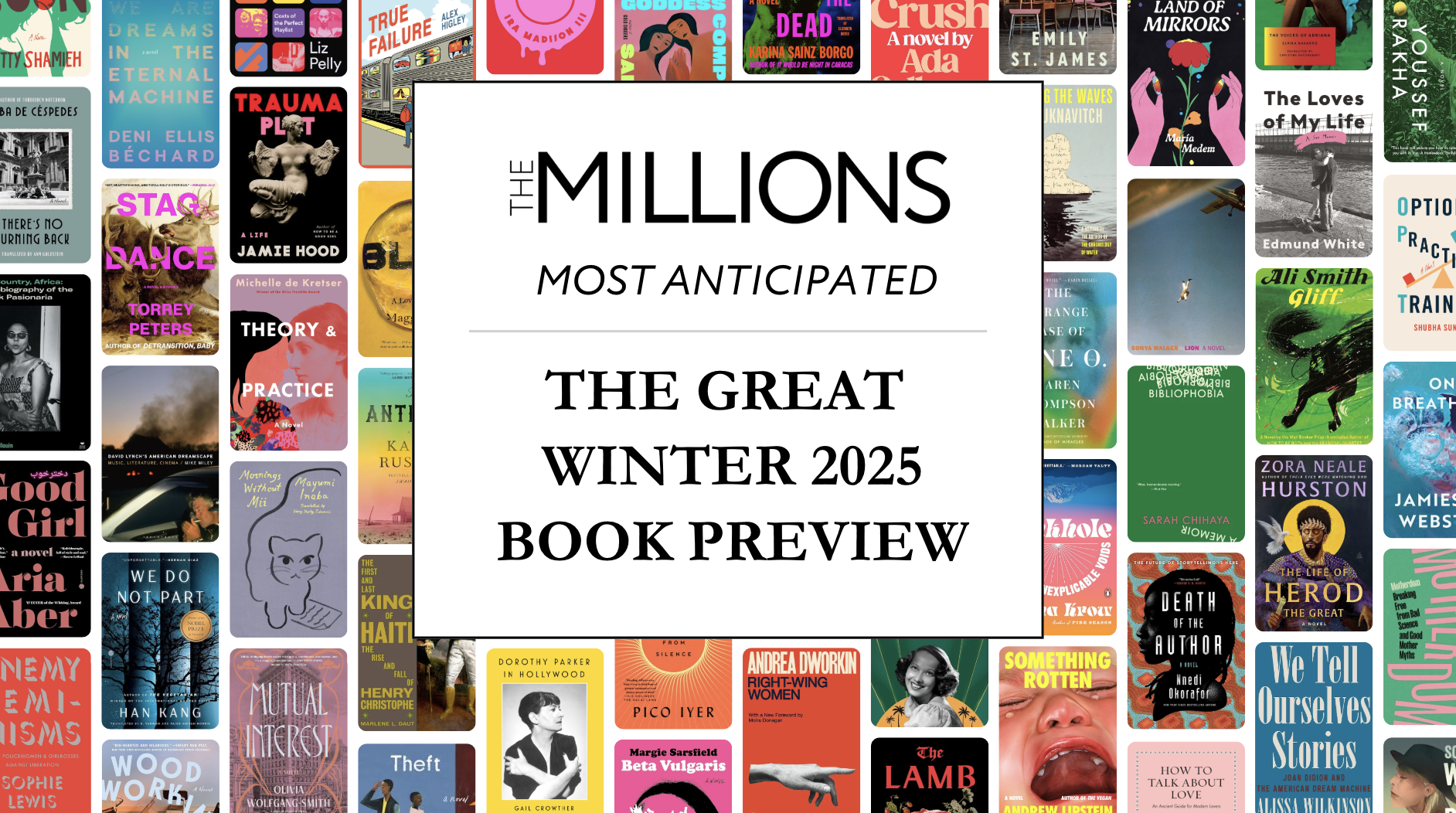This year’s “Genius grant” winners have been announced. The MacArthur grant awards $625,000 — up from $500,000 — “no strings attached” to “talented individuals who have shown extraordinary originality and dedication in their creative pursuits and a marked capacity for self-direction.” Alongside, scientists, artists and scholars are some newly minted geniuses with a literary focus. This year’s literary geniuses are:


 Karen Russell has been a name to watch in literature ever since her story “Haunting Olivia” appeared in the New Yorker’s Debut Fiction issue in 2005, just shy of her 25th birthday. That story would be collected in St. Lucy’s Home for Girls Raised by Wolves, which made her name as literary writer known for imbuing her stories with fantasy and supernatural elements. She would follow up with novel Swamplandia!, and this year’s collection Vampires in the Lemon Grove, which has done some time on our Top Ten list this year, most recently in July. We’ve interviewed Russell twice at The Millions. In 2011, she discussed her genre-straddling tendencies as a writer: “I had a lot of fun writing Swamplandia! because it felt like I could juggle different kinds of worlds. And I feel like in life we’re all sort of operating in different registers all the time.” This year, she elaborated further, “What’s attractive to me about those stories is in a way they feel so much more honest and so much closer to the real deep and uncanny experience of being alive. They now have this emotional vocabulary to talk about how really freaking weird it is to live any average Tuesday. In addition, it’s exciting to be the arbiter of a whole world.”
Karen Russell has been a name to watch in literature ever since her story “Haunting Olivia” appeared in the New Yorker’s Debut Fiction issue in 2005, just shy of her 25th birthday. That story would be collected in St. Lucy’s Home for Girls Raised by Wolves, which made her name as literary writer known for imbuing her stories with fantasy and supernatural elements. She would follow up with novel Swamplandia!, and this year’s collection Vampires in the Lemon Grove, which has done some time on our Top Ten list this year, most recently in July. We’ve interviewed Russell twice at The Millions. In 2011, she discussed her genre-straddling tendencies as a writer: “I had a lot of fun writing Swamplandia! because it felt like I could juggle different kinds of worlds. And I feel like in life we’re all sort of operating in different registers all the time.” This year, she elaborated further, “What’s attractive to me about those stories is in a way they feel so much more honest and so much closer to the real deep and uncanny experience of being alive. They now have this emotional vocabulary to talk about how really freaking weird it is to live any average Tuesday. In addition, it’s exciting to be the arbiter of a whole world.”


 Donald Antrim is not a household name but he is revered among writers as an incisive memoirist and creator of experimental novels. He debuted with Elect Mr. Robinson for a Better World and followed it up with The Hundred Brothers and The Verificationist. The three books were re-issued in 2011 and 2012 with new introductions by none other than Jeffrey Eugenides, George Saunders, and Jonathan Franzen. His memoir, The Afterlife, came in 2006. Last year, after diving into Antrim’s three re-issued novels, our own Lydia Kiesling wrote, “I suspect it’s not so much a function of age that has these books reappearing now. Rather, someone out there knew they hadn’t had their fair shake. They knew there were people who needed these novels — frustrated people and weird people and people who prefer a very correct, very unusual deployment of the English language: formal but personal, arch, hilarious, possessed of a slightly antiquarian flavor. Even very great writers don’t often write like this.”
Donald Antrim is not a household name but he is revered among writers as an incisive memoirist and creator of experimental novels. He debuted with Elect Mr. Robinson for a Better World and followed it up with The Hundred Brothers and The Verificationist. The three books were re-issued in 2011 and 2012 with new introductions by none other than Jeffrey Eugenides, George Saunders, and Jonathan Franzen. His memoir, The Afterlife, came in 2006. Last year, after diving into Antrim’s three re-issued novels, our own Lydia Kiesling wrote, “I suspect it’s not so much a function of age that has these books reappearing now. Rather, someone out there knew they hadn’t had their fair shake. They knew there were people who needed these novels — frustrated people and weird people and people who prefer a very correct, very unusual deployment of the English language: formal but personal, arch, hilarious, possessed of a slightly antiquarian flavor. Even very great writers don’t often write like this.”








